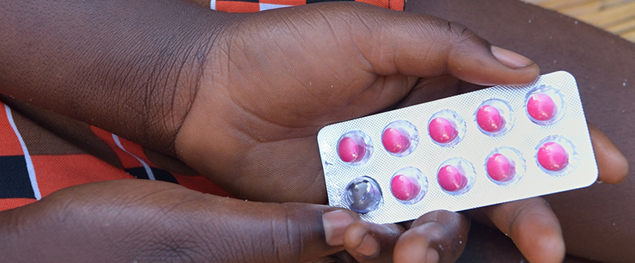Providing access to quality-assured medical products and protecting people from poor-quality ones can be particularly challenging in low- and middle-income countries like Ethiopia, but achieving these goals is essential to combating preventable and treatable diseases. Since 2009, PQM has collaborated with the Ethiopian Food, Medicine and Health Care Administration and Control Authority (EFMHACA), Ethiopian manufacturers, and other local partners to strengthen the country’s medical product quality assurance systems.
Areas of Focus
Strengthen national regulatory systems
PQM helps Ethiopia develop and implement national regulations, directives, and guidelines that support quality assurance of medical products. To date this includes 5 regulations and directives and 15 guidelines. Topics covered range from inspecting pharmaceutical manufacturers for compliance with good manufacturing practices (GMPs) to protocols for surveying the quality of medicines on the market that are used for maternal and child health and the treatment of malaria and opportunistic infections.
- Heran Gerba Borta, Deputy Director General, EFMHACA
Increase capacity to detect substandard, falsified, and unapproved medical products
PQM continues to help Ethiopia improve the sampling and testing of medical products. While testing medicines quality is the focus of laboratory strengthening, at the request of Ethiopia’s medicines regulatory authority, PQM has supported efforts to also improve testing of medical devices.
Increase supply of quality-assured essential medicines
PQM is providing technical assistance to four Ethiopian manufacturers to help them adopt GMPs to produce priority medicines, three of which have since received local regulatory approval to market four priority medicines. These approved medicines are used to prevent umbilical cord infections in newborns and treat malaria and opportunistic infections in children and pregnant women exposed to or living with HIV in Ethiopia. One of the Ethiopian manufacturers working with PQM is also progressing toward WHO prequalification of a medicine for tuberculosis (TB), which would help increase the supply of a quality-assured product needed for the treatment of TB in Ethiopia and within the region.

Increase evidence-based decision-making
PQM has helped EFMHACA strengthen its system to collect accurate, reliable data and use the data to inform decisions about regulatory actions to protect the public from poor-quality medicines.
Related Links
- Read an Ethiopia success story.
- Explore other PQM Field Offices.
